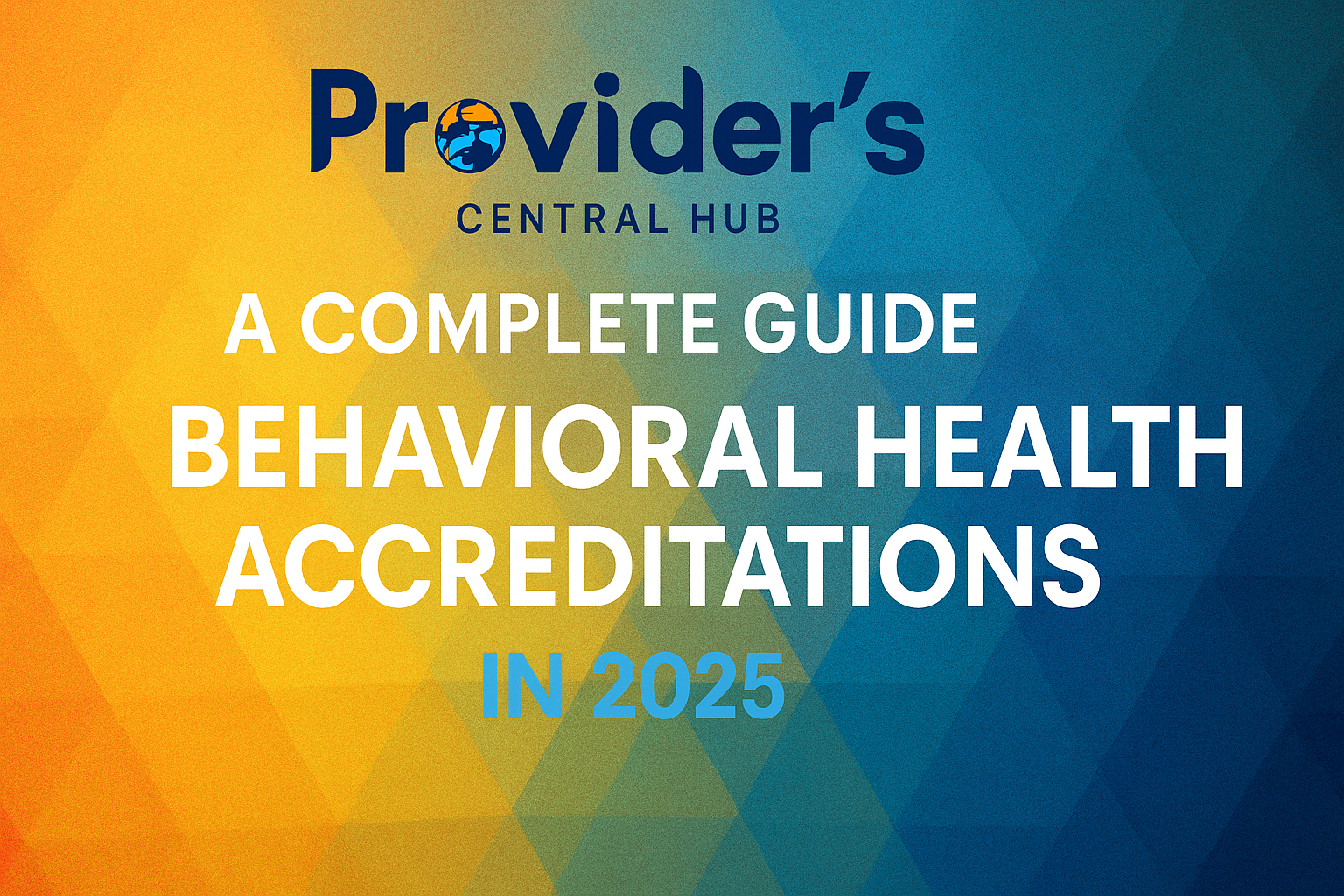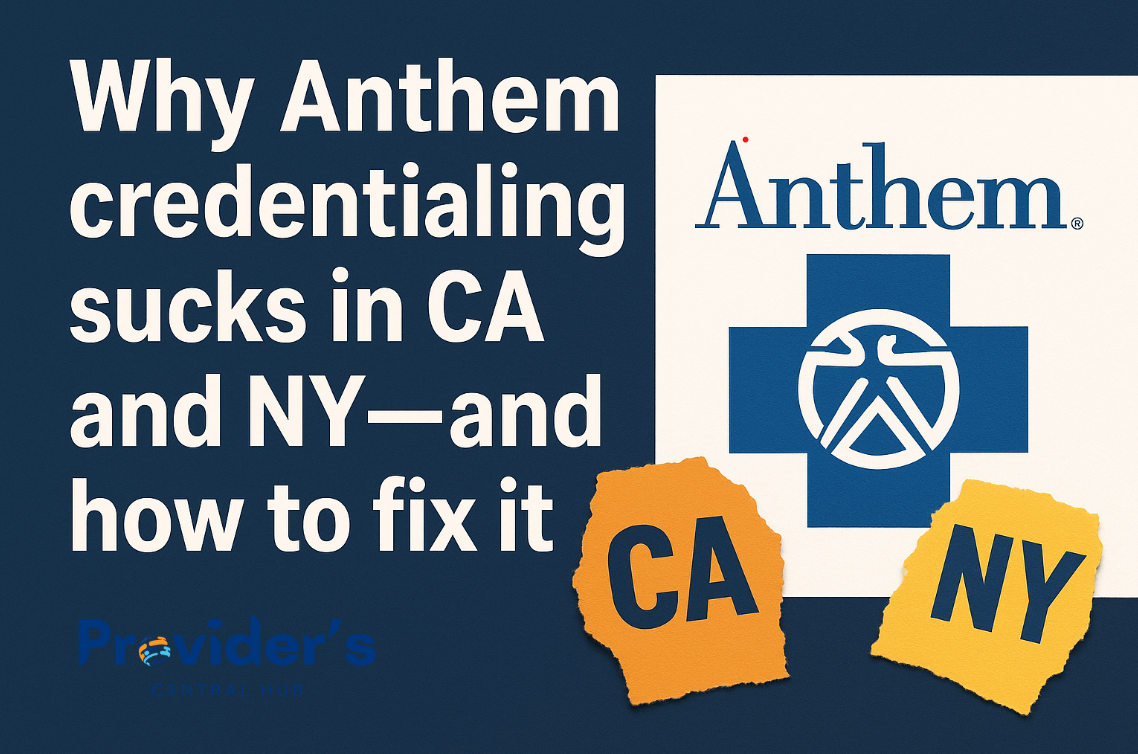Are you a DME provider struggling with denied claims or slow payments?
Durable Medical Equipment billing is complex and even small errors can lead to costly claim denials. Whether you’re a startup DME supplier or an established practice, optimizing your DME billing and credentialing process is key to staying profitable.
Here are the top 5 reasons DME claims get denied, and how to fix them.
1. Missing or Incomplete Documentation
The most common reason DME billing claims are denied is due to documentation errors. Payers, especially Medicare, require specific documents to prove medical necessity.
Typical missing documents in DME billing:
- Face-to-Face encounter documentation
- Detailed Written Order Prior to Delivery (DWOPD)
- Proof of Delivery (POD)
- Certificates of Medical Necessity (CMNs)
- Proper provider signatures and dates
How to fix it:
Use a DME billing checklist and double-check documents before submission. Partner with experts who understand DME documentation requirements to avoid delays.
2. Incorrect or Outdated Patient Eligibility
Verifying patient insurance coverage is a must, skipping it can result in denied DME claims or underpaid services.
Common eligibility mistakes in DME billing:
- Patient not active on the date of service
- Incorrect primary insurance listed
- Non-covered DME item
Solution:
Use real-time insurance verification tools. Understand each plan’s requirements, including deductible status and whether prior authorization is needed for DME services.
3. Wrong HCPCS Codes or Modifiers in DME Billing
Using the incorrect code or leaving out modifiers can result in immediate denials from Medicare or commercial payers.
Common coding errors for DME claims:
- Missing modifiers (e.g. NU for new purchase, RR for rental)
- Incorrect HCPCS code selection
- Lack of linkage to diagnosis codes
Fix it:
Train your billing staff or outsource to DME billing experts who specialize in accurate HCPCS coding and documentation alignment.
4. Premature Delivery Before Documentation is Complete
Delivering DME equipment before obtaining all required paperwork, especially the face-to-face note and written order, can lead to full claim denials.
Why it matters:
Medicare requires the prescription and face-to-face encounter before equipment is delivered.
Prevention tip:
Set strict internal controls that delay delivery until all required documents are received and validated.
5. Non-Compliance with LCDs and Medical Necessity Requirements
Every Durable Medical Equipment item has specific coverage criteria defined by Local Coverage Determinations (LCDs). If documentation doesn’t match the LCD guidelines, even medically necessary claims can be denied.
Examples of LCD errors:
- Inadequate chart notes for mobility aids
- No home assessment for oxygen
- Physician language that doesn’t support medical necessity
Solution:
Stay updated on LCDs and payer-specific rules. Use reference tools and work with a DME billing service that can audit your documentation before submission.
Why Choose PCH for DME Billing and Credentialing?
At PCH, we specialize in:
- Complete DME billing services
- Insurance credentialing for DME suppliers
- Denial management and appeals
- Documentation review and audit support
- Compliance with Medicare and private payers
We help DME providers nationwide reduce denials, improve reimbursements, and stay compliant without the stress.
Ready to simplify your DME billing and credentialing?
Contact us today for a free consultation.
call us @ +1 (516) 366-4144 or email info@providerscentralhub.com




